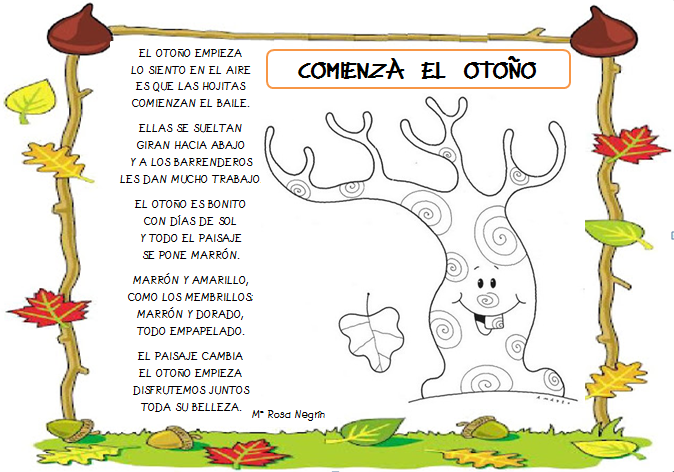Los poemas de Gloria Fuertes, autora madrileña vinculada a la Generación del 50 y al postismo literario, son capaces de devolver a un adulto a su infancia y de hacer disfrutar a cualquier niño.
Sus creaciones poéticas están cargadas de humor, juegos de palabras, metáforas y musicalidad.
En su obra, Gloria trató temas tan universales como son el amor, la naturaleza, la muerte o la injusticia social, entre otros. Siempre con un lenguaje sencillo destinado al público infantil. Esto hace que su obra sea imperecedera.
A continuación, te mostramos una selección con algunos de los mejores poemas para niños de Gloria Fuertes. Además, agregamos una explicación de cada uno que te acercará a las composiciones de una de las autoras españolas de poesía infantil más conocidas.
En mi cara redondita
tengo ojos y nariz,
y también una boquita
para hablar y para reír.![]()
Con mis ojos veo todo,
con la nariz hago achís,
con mi boca como
palomitas de maíz.
Este poema de dos versos es uno de los más conocidos de Gloria Fuertes, pues sirvió a los niños y niñas de varias generaciones para aprender los nombres delas partes de la cara de manera amena y divertida.
Serpiente de agua dulce
que se arrastra por la tierra
y cuando llega al mar se muere.
En este breve poema de una estrofa, incluido en El libro de las maravillas (1995), el hablante lírico describe un río de forma metafórica. Es ideal para jugar con los niños a las adivinanzas.
¡Bienvenida sea la risa
que deja alegría por donde pisa!¡Que venga la risa
y su prima la sonrisa!Reír es como si como
(alimenta más que el lomo).Hay que reír cada hora
(lo receta servidora).¡Ay qué risa, tía Felisa,
se vuela la camisa!(La risa es muy buena para el pecho.
)
Quien va sonriendo, va mejor que en coche;
quien ríe de día, duerme bien de noche.
Los poemas de Gloria Fuerte son capaces de hacer despertar la felicidad en cualquier momento.
En composiciones como esta, el hablante lírico explora cuáles son los beneficios de la risa. Se trata de unos versos con los que los niños aprenderán la importancia de reír y sonreír.
Mi abuela Mariana,
tiene una cana,
cana canariera.Mi abuela Mariana,
me cuenta los cuentos
siempre a su manera.Yo la quiero mucho,
yo la quiero tanto…
Me ducha, me peina
y me lleva al campo.Me enseña canciones,
me ayuda a estudiar,
dice poesías,
solemos jugar.Luego por la noche
mi abuela me vela,
un cuento me cuenta
y cuando me duermo,
me apaga la vela,
Mariana mi abuela.Mi abuela Mariana,
de paja el sombrero,
el traje de pana,
mi abuela Mariana
no parece abuela,
me parece un hada.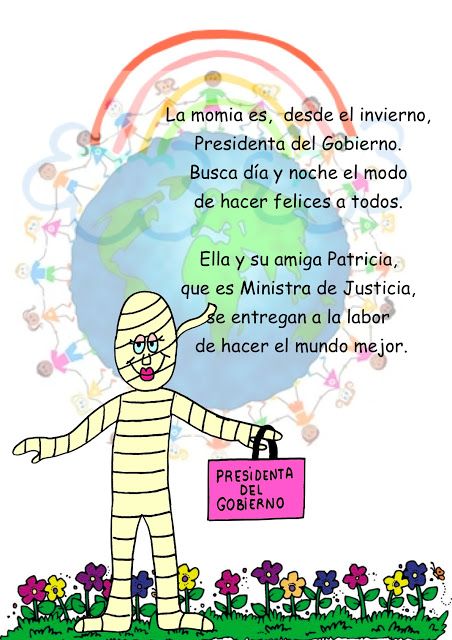
La conexión emocional entre los niños y las abuelas es muy especial. Tanto es así que las abuelas podrían ser como seres mágicos, dentro de la imaginación de un pequeño.
En este poema, el hablante lírico, desde la mirada de un pequeño, hace que los cuidados cotidianos que recibe de su abuela sean como hechos fantásticos propios de los cuentos.
Sol, astro amigo,
rey de los astros,
se que sin ti
nada nace en el campo.Sol, astro amigo,
yo te bendigo,
vente conmigo.
¡Ya somos dos!Sol, astro amigo,
me das mi sombra
y juegas conmigo.
¡Ya somos tres!Como un perrito me sigue
mi sombra asombrada.
Corro y la sombra corre,
me paro y se para,
río y se ríe,
salto y salta.Tengo buena sombra,
Sol,
gracias a tu gracia.
La naturaleza y sus elementos también están muy presentes en algunos poemas de Gloria Fuertes.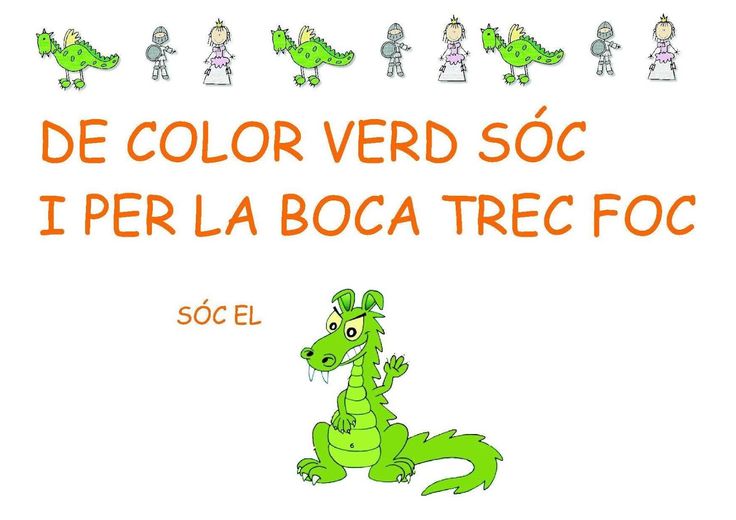
Este poema, contenido en Poemas Fritos (1994), es ideal para mostrarle a los más pequeños la importancia que esta estrella tiene para conservar la vida en nuestro planeta.
Este dedo uno
es muy tuno.Este dedo dos
reza a Dios.Este dedo tres
el más largo es.Este dedo cuatro
parece un pato.Este dedo cinco
juega a “pinto, pinto”.Este dedo seis
bien gordo es.Este dedo siete
gasta bonete.Este dedo ocho
come bizcocho.Este dedo nueve
se come la nieve.Este dedo diez
¡qué bonito es!
Gloria Fuertes escribió algunos poemas dedicados al cuerpo humano. Este forma parte del poemario El hada acaramelada (1973), y está cargado de ritmo y musicalidad. Por eso, es ideal para enseñarle a los niños los dedos de la mano, al tiempo que se divierten.
Que los hombres no manchen los ríos.
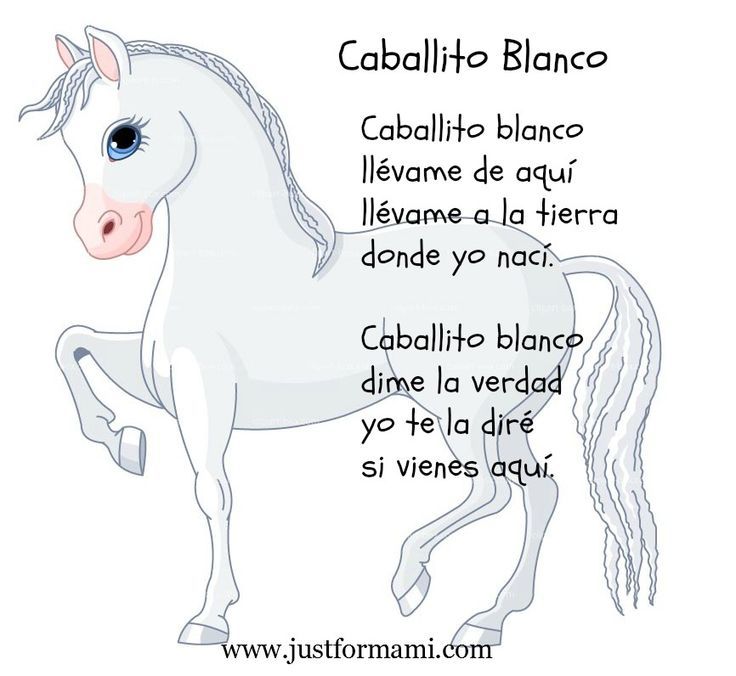
Que los hombres no manchen el mar.
Que los niños no maltraten los árboles.
Que los hombres no ensucien la ciudad.(No quererse es lo que más contamina,
sobre el barco o bajo la mina.)Que los tigres no tengan garras,
que los países no tengan guerras.Que los niños no maten pájaros,
que los gatos no maten ratones,
y, sobre todo, que los hombres
no maten hombres.
Es importante crear conciencia ambiental en los más pequeños.
En la obra poética de Gloria Fuertes, muy comprometida con el cuidado de la naturaleza, encontramos esta breve composición que supone un no rotundo a la contaminación, pero también a la guerra. Lo hace con un lenguaje sencillo y dirigido a los más pequeños.
Un globo, dos globos, tres globos.
La luna es un globo que se me
escapó.Un globo, dos globos, tres globos.
La tierra es el globo donde vivo yo.Un globo, dos globos, tres globos,
mi casa es un globo grande de
color.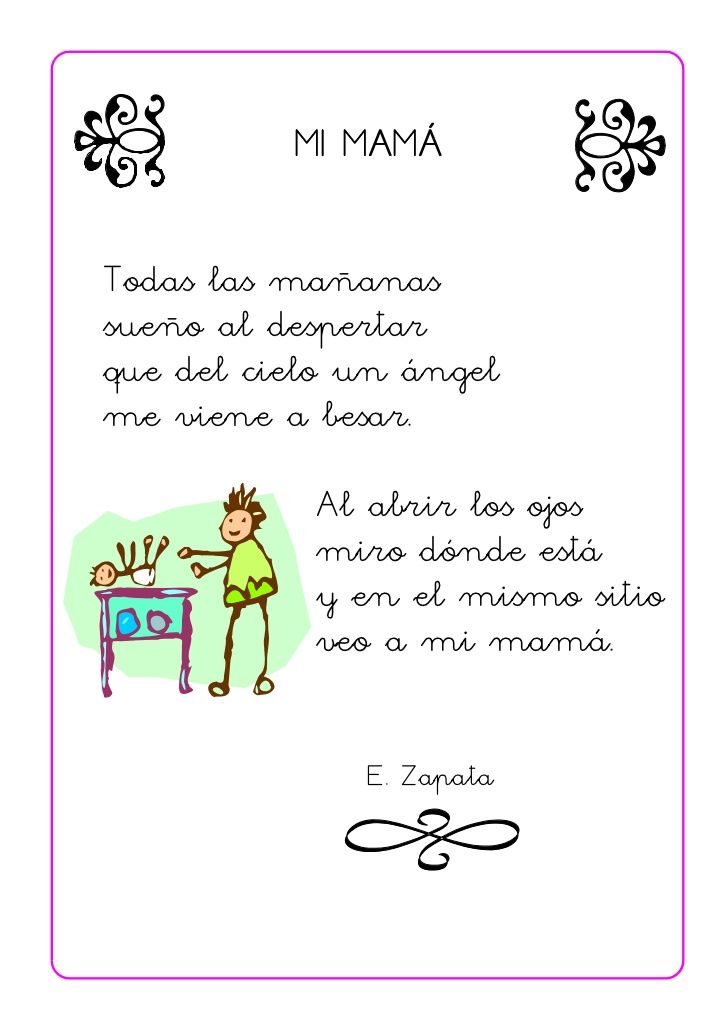
Durante los años 70 del siglo XX, existió en España un programa de televisión para niños en el que Gloria Fuertes fue colaboradora.
La autora escribió este poema que fue utilizado en la cabecera de este espacio televisivo homónimo que llenó los hogares de miles de niños.
Domitilo
llegó al río Nilo
montado en un cocodrilo.Pelines llegó a la China
montado en una gallina.Antón llegó a León
montado en un camaleón.Ramona llegó a Barcelona
montada en una mona.Marujilla llegó a Cercedilla
montada en una ardilla.Simeona
llegó a Gerona
montada en una leona.Enriqueta llegó a la meta
montada en una avioneta.Y Gloria, la autora,
llegó al fin
montada en un delfín.
Este poema es ideal para viajar sin salir de casa. La presencia de la rima en sus versos facilita la memorización de los más pequeños, además llamará su atención los peculiares medios de transporte mencionados.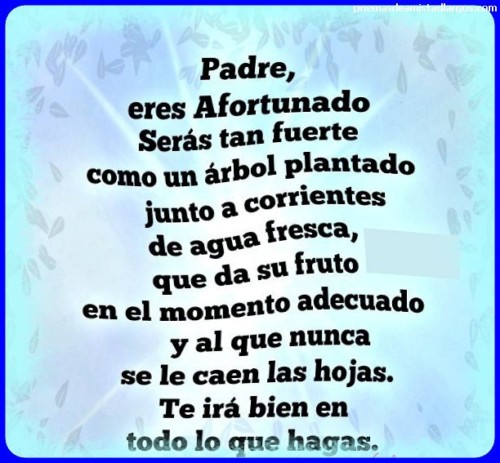
Vino del pueblo la abuela.
Compró una planta
y la puso de adorno
sobre la alacena.La planta era carnívora
y se nos comió la cena.
(¡Qué faena!)
Si algo destaca en los poemas de Gloria Fuertes es el humor.
En esta breve composición, contenida en El pirata mofeta y la jirafa coqueta (1988), se puede evidenciar el estilo de la autora, en el cual, los versos se convierten en un “juego disparatado”, y son ideales para dejar volar la imaginación de los más pequeños.
Era en la selva,
y en un rincón,
el elefante
dice al ratón:—La Naturaleza,
es belleza,
pero a veces
es injusta
la Naturaleza.Mira, hijo,
yo tan grande
y tú tan canijo. Yo con esta trompa,
tú con ese hociquito.Yo tan gordo
tú tan delgadito.Y dijo el ratoncito:
—Es que estoy malito.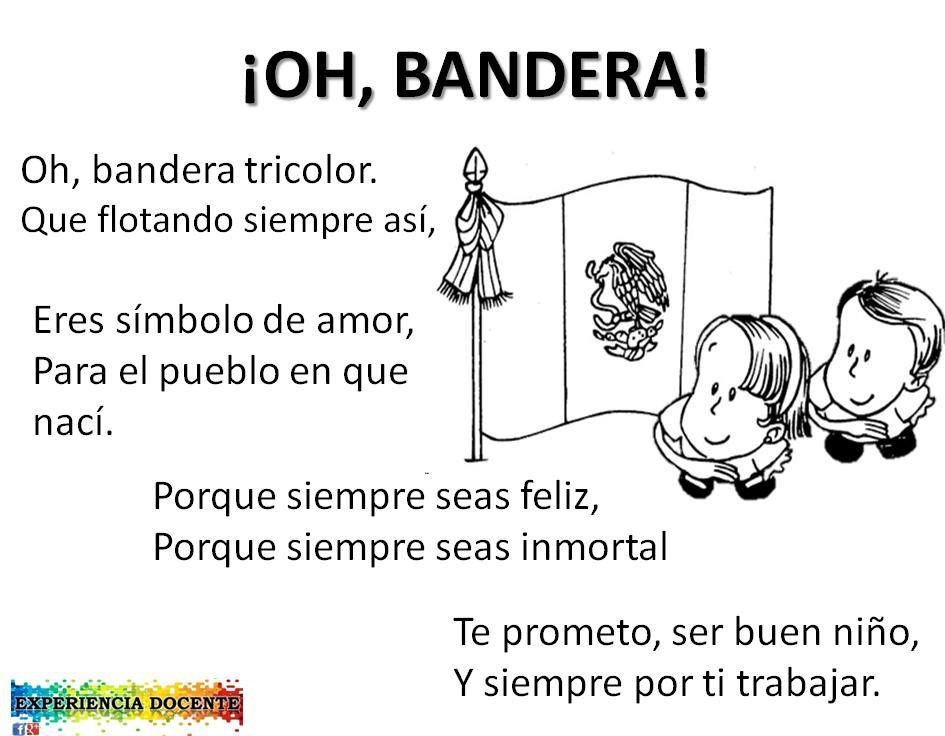
Buena parte de la creación poética de Gloria Fuertes tiene como protagonista a los animales. En este poema, el animal más grande de la selva, el elefante; y el más pequeño, el ratón, dialogan acerca de sus diferentes tamaños.
Solo tres letras,
tres letras nada más,
solo tres letras
que para siempre
aprenderás.Solo tres letras
para escribir PAZ.La P, la A, y la Z,
solo tres letras.Solo tres letras,
tres letras nada más,
para cantar PAZ,
para hacer la PAZ.La P, de Pueblo,
la A, de Amar
y la zeta
de zafiro o de zagal.(De zafiro
por un mundo azul,
de zagal,
por un niño como
tú.)No hace falta ser sabio,
ni tener bayonetas,
si tú te aprendes bien,
solo estas tres letras,
úsalas de mayor
y habrá paz en la tierra.
En los poemas de Gloria Fuertes, se ve reflejado su incansable lucha por la paz y por el antibelicismo.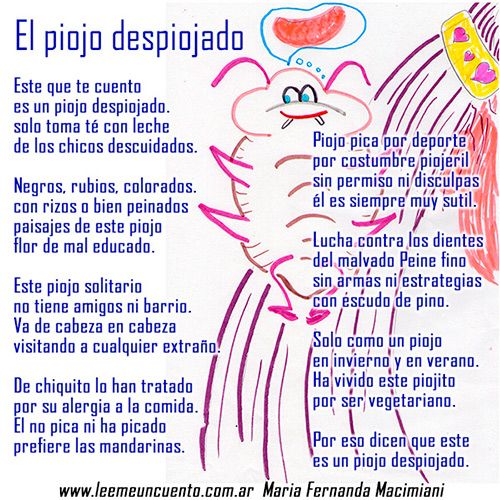
En este poema, incluido en El pirata mofeta y la jirafa coqueta (1988), establece un juego con las letras que forman la palabra PAZ. Es ideal para enseñarle a los más pequeños la importancia de vivir sin violencia.
Cuando la memoria se muere,
nace el olvido.
Cuando el árbol se muere,
nace el papel.
Cuando la paz se muere,
nace la guerra.
Todo eso nace
porque el hombre lo hace.Cuando la noche se muere,
nace el día.
Cuándo la tristeza se muere,
nace la alegría.
Cuando la Luna se muere,
nace el Sol.
Todo esto nace
porque lo hace Dios.
En el poemario Versos Fritos (1994), encontramos una compilación de cuentos escritos en verso como este. En él, el hablante lírico manifiesta la idea de que nada es permanente, cuando algo termina o muere, en consecuencia, nace otra cosa opuesta.
Gloria Fuertes nació en Madrid en el año 1917, en el seno de una familia muy humilde.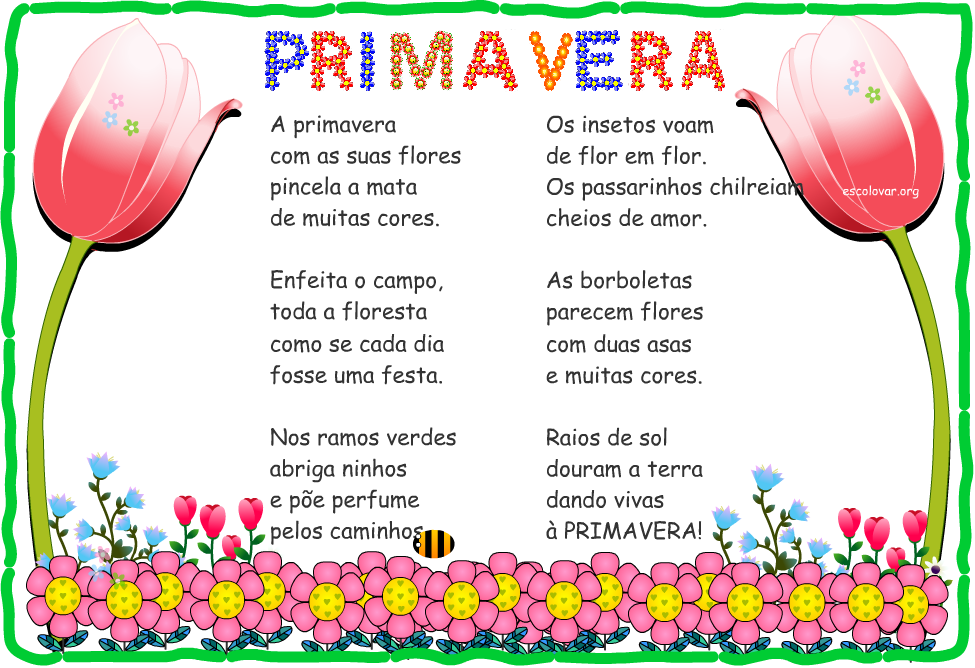 Desde muy joven, mostró interés por la escritura y la literatura, aunque esto no fue bien visto en su familia. Ella misma afirmó en vida que no tuvo un gran apoyo de su parte.
Desde muy joven, mostró interés por la escritura y la literatura, aunque esto no fue bien visto en su familia. Ella misma afirmó en vida que no tuvo un gran apoyo de su parte.
A pesar de ello, con tan solo catorce años de edad, publicó su primer poema, que llevó el título de Niñez, Juventud, Vejez.
Gloria siempre trató de compaginar la escritura de poemas con otros trabajos. En 1935 publicó algunos versos en una revista infantil y, a la edad de 17 años, escribió Isla Dorada, su primer libro de poemas.
En la década de los 40, consiguió introducirse en el campo literario de manera profesional, especialmente como redactora en diversas revistas infantiles como Maravillas.
En la década de los 50, estrenó una obra de teatro con la cual recibe el Premio Valle-Iclán. En este decenio, también organiza una biblioteca ambulante para llevar la literatura a los niños de los pueblos pequeños de España. Asimismo, inicia sus estudios en Biblioteconomía e Inglés.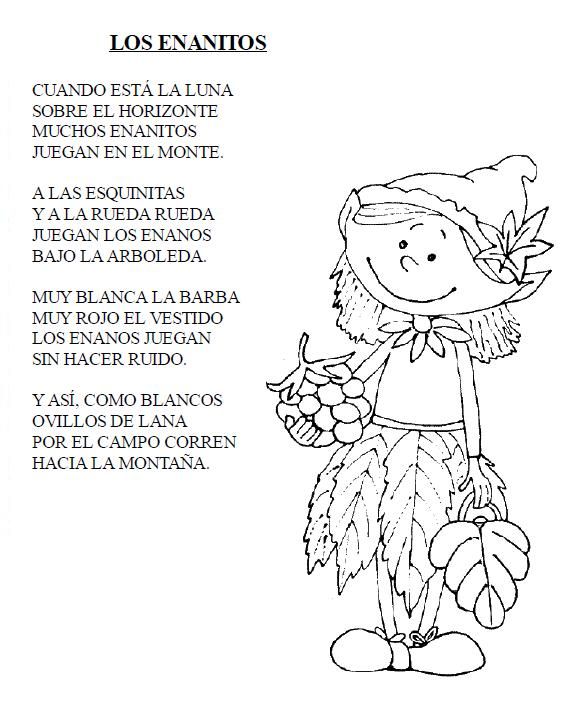
Durante los años 60, Gloria viaja Estados Unidos, gracias a una beca que le permite ser profesora de literatura española en la Universidad de Bucknell.
La cima de su carrera como escritora llega en los años ochenta, cuando su obra es realmente reconocida. Aunque ella nunca se quiso vincular con ningún movimiento literario, normalmente es incluida en la Generación del 50.
Gloria Fuertes falleció el 27 de noviembre de 1998. Durante su vida, siempre estuvo muy implicada en la defensa de los derechos de las mujeres, el pacifismo y el medio ambiente.
Referencias bibliográficas:
Si te gustó este artículo, también te puede interesar: 22 poemas cortos para leer y sorprender a los niños
Gloria Fuertes es uno de los referentes de la literatura infantil española del siglo XX. Aunque son muchas las facetas literarias y musicales que cultivó, la dedicada a la producción para niños es la más conocida.
Aunque son muchas las facetas literarias y musicales que cultivó, la dedicada a la producción para niños es la más conocida.
Entre muchos otros premios, fue galardonada con el diploma de Honor del Premio Internacional de Literatura Infantil Hans Christian Andersen. Este año se conmemora el centenario de su nacimiento, desde Cultura Inquieta haremos nuestros particulares homenajes a la entrañable y maravillosa Gloria Fuertes.
Dediqué mi libro
Dediqué mi libro a una niña de un año,
y le gustó tanto,
que se lo comió.
Al borde
Soy alta;
en la guerra
llegué a pesar cuarenta kilos.
He estado al borde de la tuberculosis,
al borde de la cárcel,
al borde de la amistad,
al borde del arte,
al borde del suicidio,
al borde de la misericordia,
al borde de la envidia,
al borde de la fama,
al borde del amor,
al borde de la playa,
y, poco a poco, me fue dando sueño,
y aquí estoy durmiendo al borde,
al borde de despertar.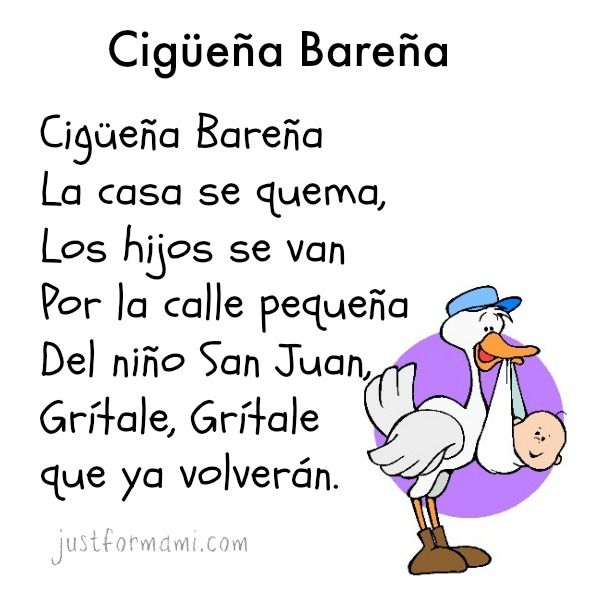
En las noches claras,
resuelvo el problema de la soledad del ser.
Invito a la luna y con mi sombra somos tres.
Mi Cara
En mi cara redondita
tengo ojos y nariz,
y también una boquita
para hablar y para reír.
Con mis ojos veo todo,
con la nariz hago achís,
con mi boca como como
palomitas de maíz
La mujer rana
La mujer rana
y el hombre rana
se casaron
y en vez de tener perdices
tuvieron tres renacuajos.
Parejas
Cada abeja con su pareja.
Cada pato con su pata.
Cada loco con su tema.
Cada tomo con su tapa.
Cada tipo con su tipa.
Cada pito con su flauta.
Cada foco con su foca.
Cada plato con su taza.
Cada río con su ría.
Cada gato con su gata.
Cada lluvia con su nube.
Cada nube con su agua.
Cada niño con su niña.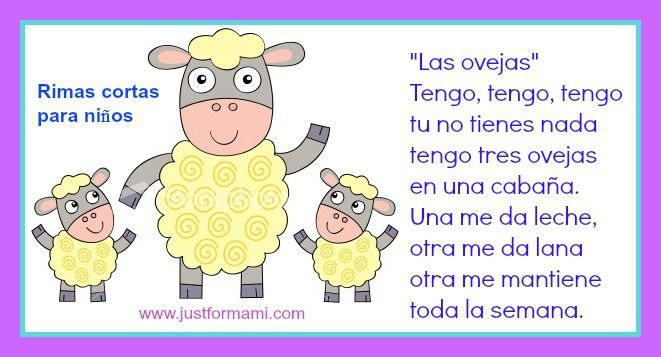
Cada piñón con su piña.
Cada noche con su alba.
Nací para poeta o para muerto…
Nací para poeta o para muerto,
escogí lo difícil
—supervivo de todos los naufragios—,
y sigo con mis versos,
vivita y coleando.
Nací para puta o payaso,
escogí lo difícil
—hacer reír a los clientes desahuciados—,
y sigo con mis trucos,
sacando una paloma del refajo.
Nací para nada o soldado,
y escogí lo difícil
—no ser apenas nada en el tablado—,
y sigo entre fusiles y pistolas
sin mancharme las manos.
En el árbol de mi pecho
En el árbol de mi pecho
hay un pájaro encarnado.
Cuando te veo se asusta,
aletea, lanza saltos.
En el árbol de mi pecho
hay un pájaro encarnado.
Cuando te veo se asusta,
¡eres un espantapájaros!
A veces quiero preguntarte cosas…
A veces quiero preguntarte cosas,
y me intimidas tú con la mirada,
y retorno al silencio contagiada
del tímido perfume de tus rosas.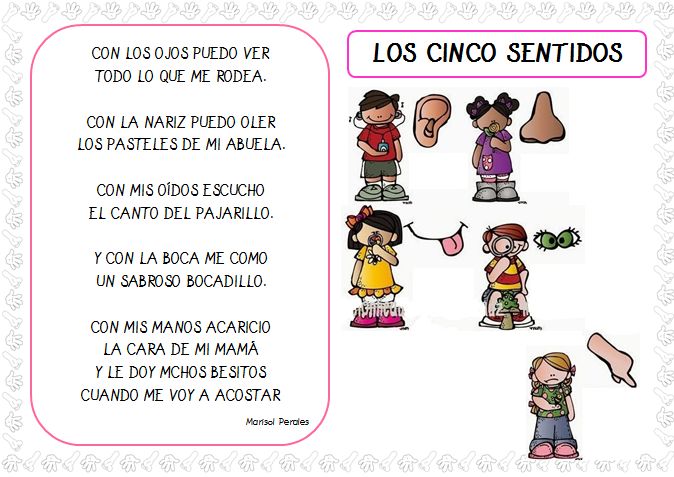
A veces quise no soñar contigo,
y cuanto más quería más soñaba,
por tus versos que yo saboreaba,
tú el rico de poemas, yo el mendigo.
Pero yo no adivino lo que invento,
y nunca inventaré lo que adivino
del nombre esclavo de mi pensamiento.
Adivino que no soy tu contento,
que a veces me recuerdas, imagino,
y al írtelo a decir mi voz no siento.
En su autobiografia Pero nadie sabía mejor que Gloria Fuertes lo fuertes y difíciles -valga la redundancia- que eran los tiempos que le tocó vivir. Una España que entró en trom En su Autobio nos cuenta su vida de un modo lleno de desapego y mucha emoción transferida. Vale la pena leerlo tal cual:
Autobiografía
Gloria Fuertes nació en Madrid
a los dos días de edad,
pues fue muy laborioso el parto de mi madre
que si se descuida muere por vivirme.
A los tres años ya sabía leer
y a los seis ya sabía mis labores.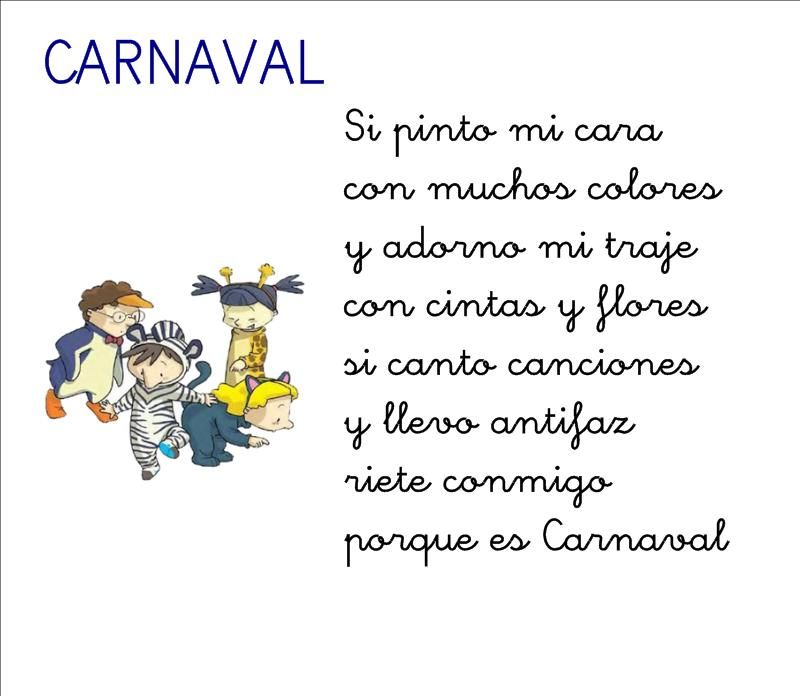
Yo era buena y delgada,
alta y algo enferma.
A los nueve años me pilló un carro
y a los catorce me pilló la guerra;
A los quince se murió mi madre, se fue cuando más falta me hacía.
Aprendí a regatear en las tiendas
y a ir a los pueblos por zanahorias.
Por entonces empecé con los amores,
-no digo nombres-,
gracias a eso, pude sobrellevar
mi juventud de barrio.
Quise ir a la guerra, para pararla,
pero me detuvieron a mitad del camino.
Luego me salió una oficina,
donde trabajo como si fuera tonta,
-pero Dios y el botones saben que no lo soy-.
Escribo por las noches
y voy al campo mucho.
Todos los míos han muerto hace años
y estoy más sola que yo misma.
He publicado versos en todos los calendarios,
escribo en un periódico de niños,
y quiero comprarme a plazos una flor natural
como las que le dan a Pemán algunas veces.
Gloria, te queremos.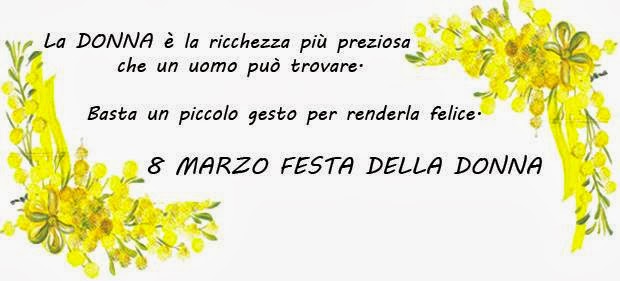
Gloria Fuertes photo source: Poetry – Facebook Gloria Fuertes
Undoubtedly, Gloria Fuertes is one of the most famous writers in the world. His poems are almost always remembered because we grew up with them. But the truth is, she was more than a children’s poet. Both the strong figure of Gloria and her poems endure over time.
But Who was Gloria Fuertes? What verses have you written the most important? How it was
Index
2.5 In my garden
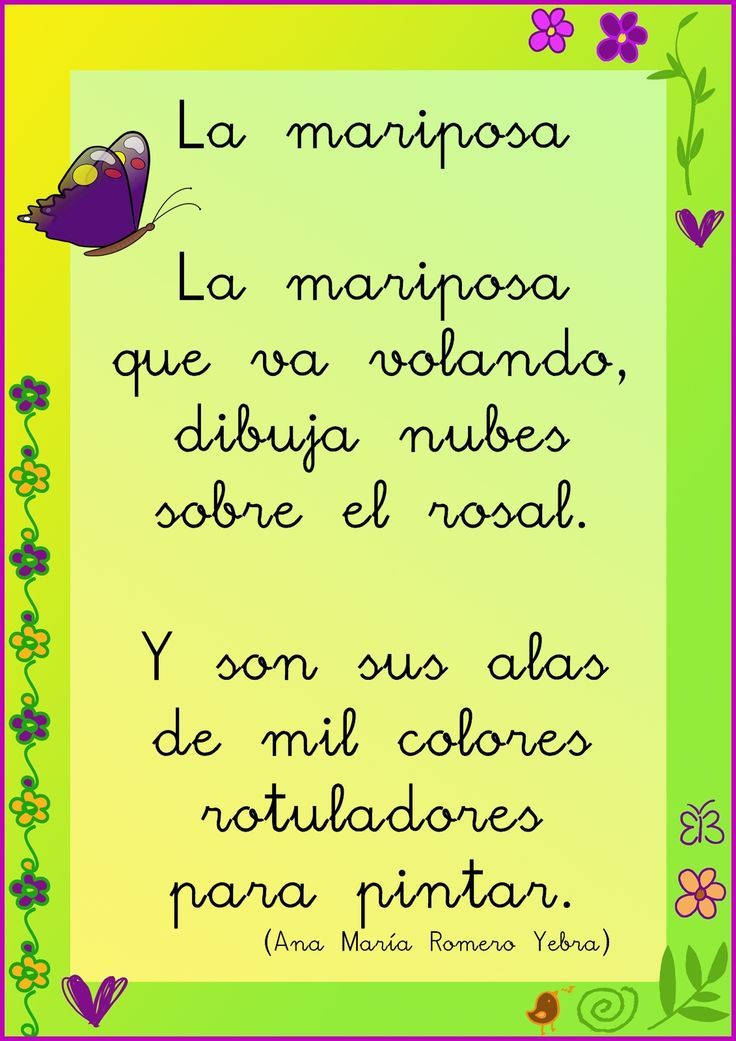 10 couples
10 couples Fountain. Zenda
According to Camilo José Sela, Gloria Fuertes was a bitchy angel (Excuse me). She had a hard life, and yet she managed to write some of the most beautiful poems for children.
Gloria Fuertes born in Madrid in 1917 . She grew up in the Lavapies district, in the bosom of a modest family (mother is a seamstress and father is a porter). His childhood was spent in different schools, some of which he spoke about in his poems. nine0003
At the age of 14, her mother enrolled her in the Institute of Vocational Education for Women, where she received two diplomas: shorthand and typesetting; and hygiene and child care. However, instead of going to work, he decided to enter the Faculty of Grammar and Literature.
Your goal, and what she always wanted to be, she was a writer.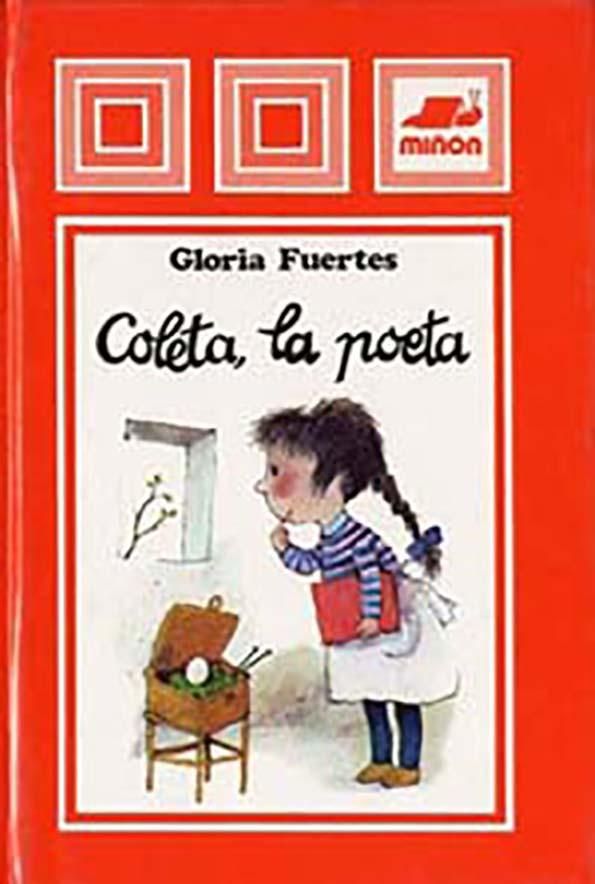 And he succeeded in 1932, at the age of 14, when one of his first poems “Childhood, youth, old age…” was published. nine0003
And he succeeded in 1932, at the age of 14, when one of his first poems “Childhood, youth, old age…” was published. nine0003
His first job was as an accountant in a factory, which gave him time to write poetry. In 1935 he published a collection of them. Ignored Island , and began to give poetry recitals on Radio Madrid. However, he did not quit his job. From 1938 to 1958 she worked as a secretary until she was able to quit. And the fact is that in addition to this work, she had another one – the editor of a children’s magazine. It was this genre that managed to open the doors to fame, which came to him in 1970, when Spanish TV showed it in their children’s and youth programs. nine0008 and made his poetry world famous.
Finally, since this is one of the poems in which she herself talks about her life, we leave you as she imagined herself.
Autobiography
Gloria Fuertes was born in Madrid.
at two days old,
Well, my mother’s labor was very laborious
that, if neglected, she dies to live for me.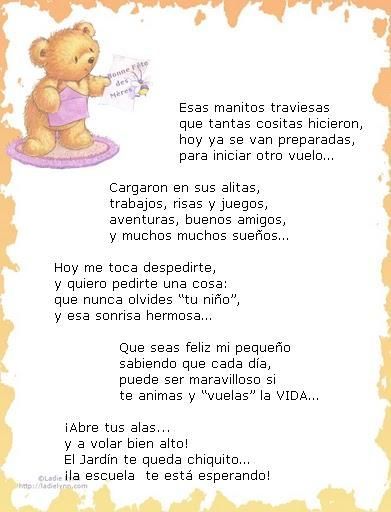
At the age of three he already knew how to read
I already knew my job at the age of six.
I was good and thin
tall and somewhat ill.
At the age of nine I was caught by a car
At the age of fourteen I was caught by the war;
At fifteen my mother died, she left when I needed her most.
I learned how to bargain in shops
and go to the cities for carrots.
By that time I started with love,
-I don’t name names-,
thanks to that I was able to manage
my neighborhood youth.
I wanted to go to war to stop it
But they stopped me halfway
Then an office came out for me
where I work like a dumbass
“But God and the messenger know I’m not like that” .
I write at night
and I go to the fields a lot.
All of mine have been dead for many years
and I am more lonely than myself.
I posted verses in all calendars,
I am writing to a children’s newspaper,
, and I want to buy a natural flower in installments
, like those sometimes given to Peman.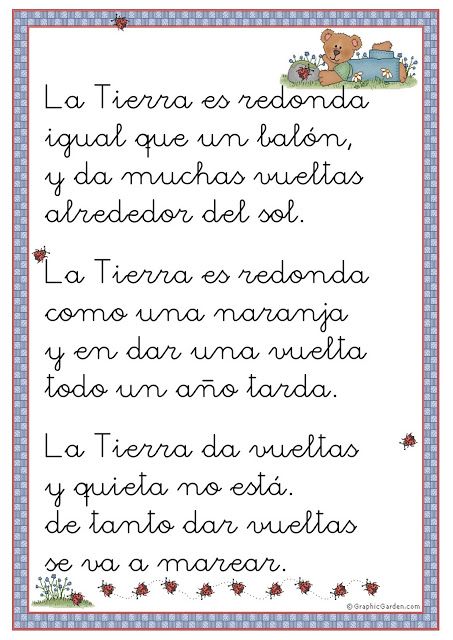
Source: Facebook Gloria Fuertes
Below we have collected some of the poems of Gloria Fuertes so that if you do not know them, you could see how he wrote. And, if you know them, you will probably want to read them again, because they are one of the best in poetry.
When they call you,
they steal some of your name from me;
it seems like a lie,
that half a dozen letters say so much.
My madness would be to destroy the walls with your name,
I would paint all the walls,
there would be no well
without me
say your name,
no stone mountain
where I will not scream
learning echo
your six different letters.
My madness would be,
teach birds to sing,
teach fish to drink,
teach men that there is nothing,
like to go crazy and repeat their name.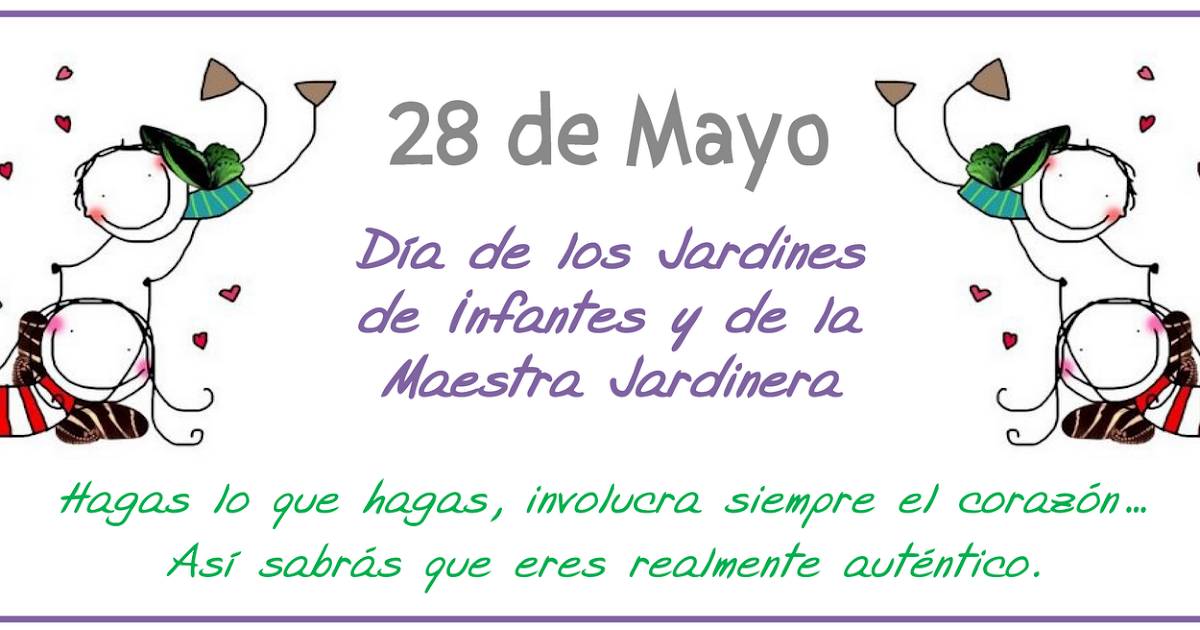
My madness is to forget everything,
from the remaining 22 letters, from numbers,
books read, poems created. Greet with your name.
Ask for bread with your name on it.
– He always says the same thing – they told me while walking, and I’m so proud, so happy, so cheerful. nine0003
And I will go to that world with your name on my lips,
I will answer all questions with your name
– judges and saints will not understand anything –
God would condemn me to say this non-stop forever.
You see what nonsense
I like to write your name
fill papers with your name,
fill the air with your name;
tell the children your name,
write to my dead father
and tell him that’s your name.
I believe that whenever I say this, you hear me.
I think it’s luck.
I walk the streets so happy
and I wear nothing but your name.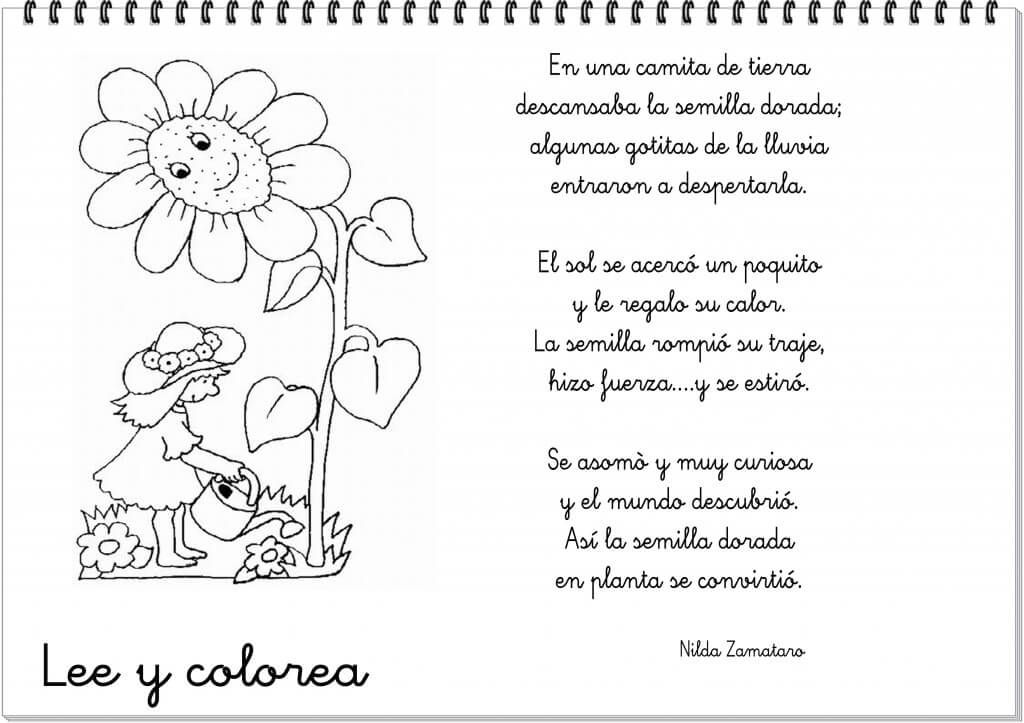
I was born at a very young age.
I stopped being illiterate at the age of three,
virgin, eighteen,
martyr, at fifty.
I learned to ride a bicycle,
when they didn’t reach me
feet on the pedals,
kissing when they didn’t reach me
chest to mouth.
Very soon I reached maturity.
At school,
first in the City,
Sacred history and proclamation.]
Neither algebra nor Sister Maripili suited me.
They fired me.
I was born without a peseta. At present,
after fifty years of work,
I have two. nine0003
Kikiriki,
I was here,
Rooster said
Hummingbird
Rumber of Hummingbird
He was red,
and this was his costume
of a beautiful plumage.
Kikiriki.
get up man,
that the sun is already there
on the road.
-Kikiriki.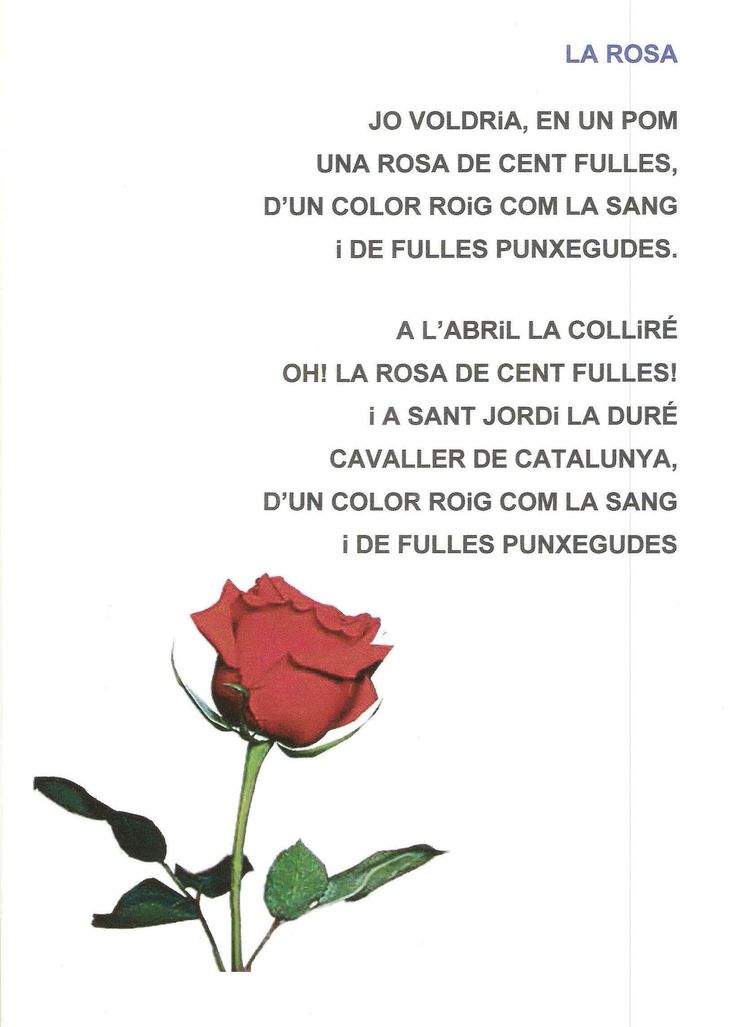
wake up farmer,
wake up with joy,
the day is approaching.
-Kikiriki.
Village children
wake up with ole,
waiting for you at “school”.
The city doesn’t need a clock
The cock is worth the trouble.
On the grass the trees speak to me
the divine poem of silence.
Night surprises me without smiles,
awakening memories in my soul.
* * *
Wind! hears!
waiting! do not go!
Whose side is this on? Who said that?
The kiss I was waiting for, you left me
On the golden wing of my hair
Don’t go! Decorate my flowers!
And I know you are the messenger of the friend of the wind;
tell him that you saw me,
with an ordinary book in your fingers.
When you leave, light the stars,
they took the light, and I can hardly see,
and I know, the wind, my soul hurts;
and deliver this “date” to him by fast flight.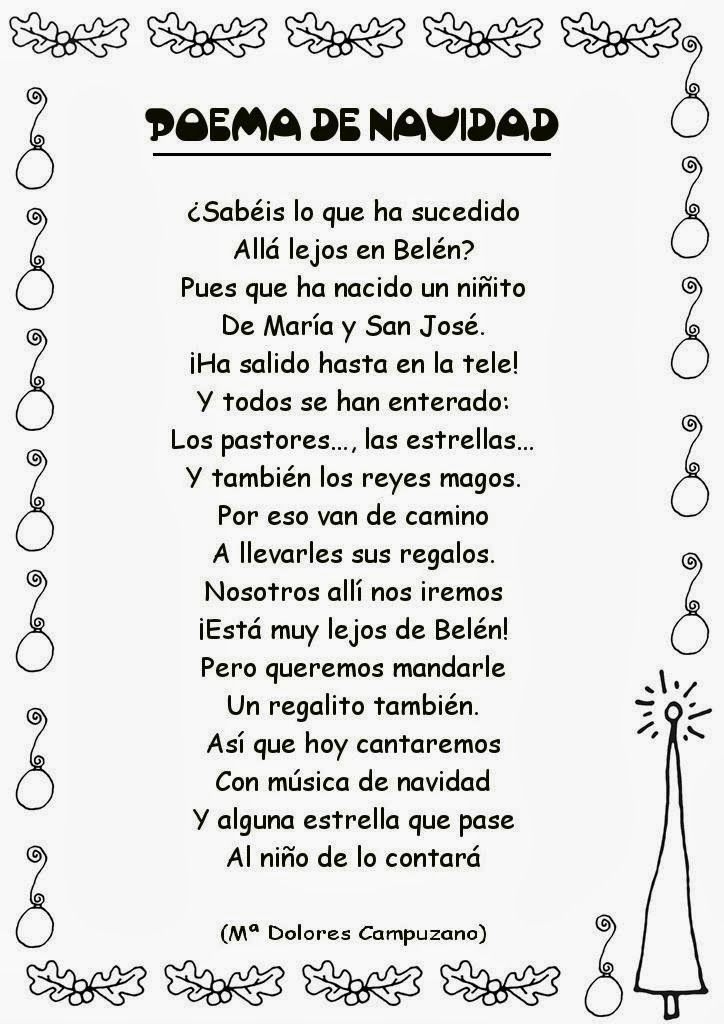
… And the wind caresses me sweetly,
and leaves me insensible to my desire …
Source: Gloria Fuertes on Facebook
Guess, guess …
Guess, guess …
Guess, guess:
he rides a donkey
he is short90,003 and with a belly,
gentleman’s friend
shields and spears,
knows sayings, is smart.
Guess, guess…
Who is he? (Sancho Panza)
That you are on earth, our Father,
That I feel you on the pine thorn,
In the blue torso of the worker,
In the girl who embroiders the curved
From behind, stirring the thread on her finger.
Our Father who is on earth
In a groove
In a garden
In a mine
In a port
In a cinema
In wine
Our Father, Who art on earth,
Where are you your glory and your hell
And your uncertainty; what are you in a cafe
Where the rich drink soda.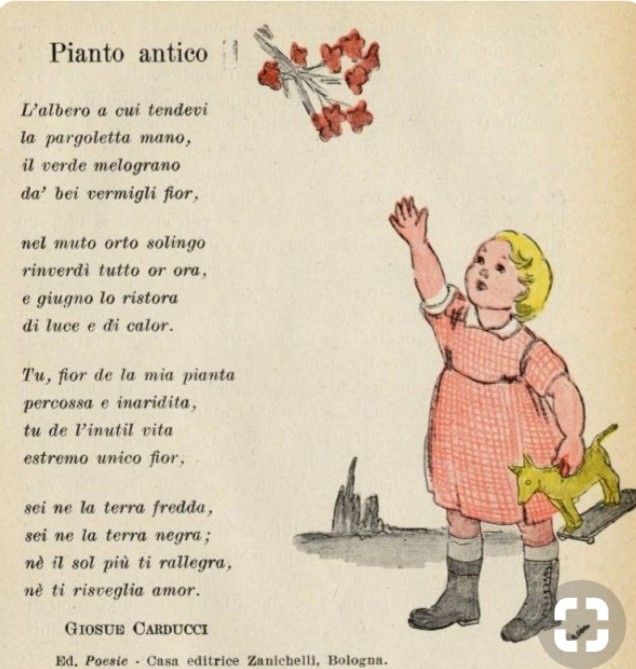 nine0003
nine0003
Our Father who is on earth,
Reading on a bench in the Prado.
You are the old man who serves bread crumbs to the birds on a walk.
Our Father who is on earth,
In a cicada, in a kiss,
On a thorn, on the chest
Of all the good ones.
Father who lives anywhere,
God who penetrates into any hole,
You who take away anguish, who live on earth,
Our Father, we see you
Those that we will see later,
Anywhere, or up there in the sky.
-Where are you carpenter
with snowfall?
– I’m going to the mountains for firewood
for two tables.
-Where are you carpenter
with this frost?
-I’m going to the mountains for firewood,
my father is waiting.
-Where are you going with your love
Child of the dawn?
-I will save all
those who do not love me.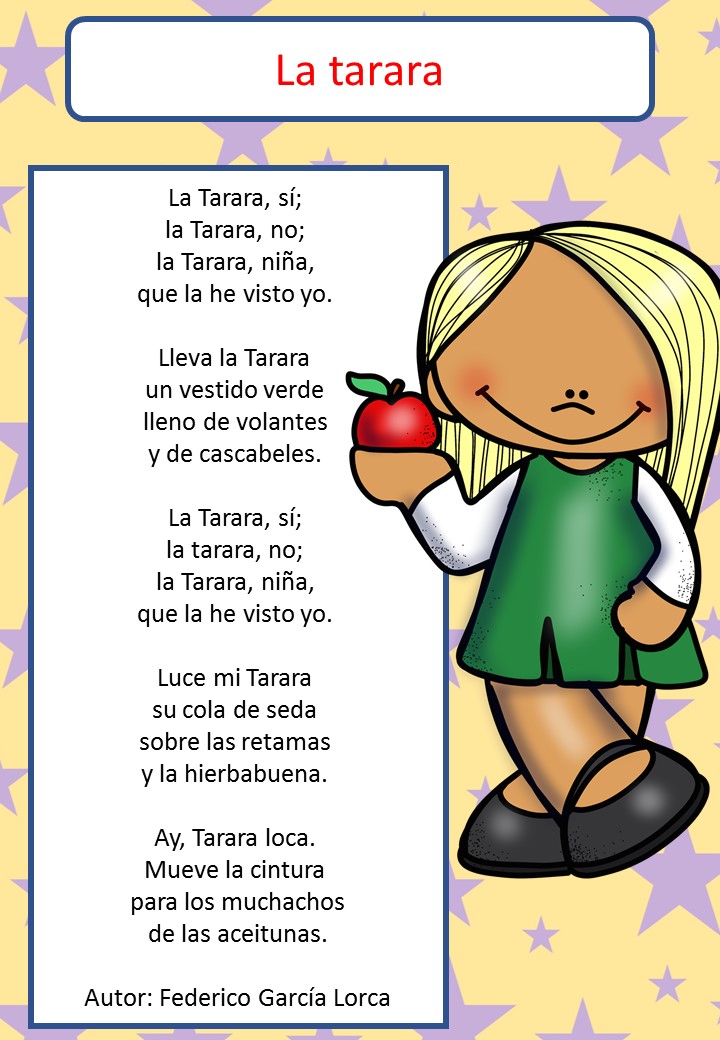
-Where are you carpenter
so early in the morning?
-I’m going to war
to stop this.
I am tall;
at war
I came to weigh forty kilos.
I was on the verge of tuberculosis
on the verge of prison,
on the verge of friendship,
on the verge of art,
on the verge of suicide,
on the verge of mercy,
on the verge of envy,
on the verge of love,
on the edge of the beach,
and little by little it made me sleepy,
and now I’m sleeping on the edge,
on the verge of waking up.
Each bee with its partner.
Each duck has its own paw.
To each his own theme.
Each volume has its own cover.
Each guy has his own type.
Each whistle on his own flute.
Each trick with its own seal.
Each plate with its own cup.
Each river has its own mouth.
Each cat with his own cat.
Every rain with its own cloud.
Each cloud has its own water.
Each boy with his girl.
Each pineapple with its own pineapple.
Every night at dawn.
They pricked the camel
with thistles
and the mechanic Melchor
gave him wine.
Balthasar
went to refuel
behind the fifth pine …
and the great Melchior was concerned
he consulted his Longinus.
-We didn’t come,
we didn’t come,
and the holy birth of a child has come!
– It’s three minutes into the first
and three kings have been lost.
Lame camel
more half dead than alive
his plush creeping
among the trunks of olive trees.
Approaching Gaspar,
Melchior whispered in his ear:
-Good camel birriya
that you were sold in the East.
At the entrance to Bethlehem
the camel hiccupped.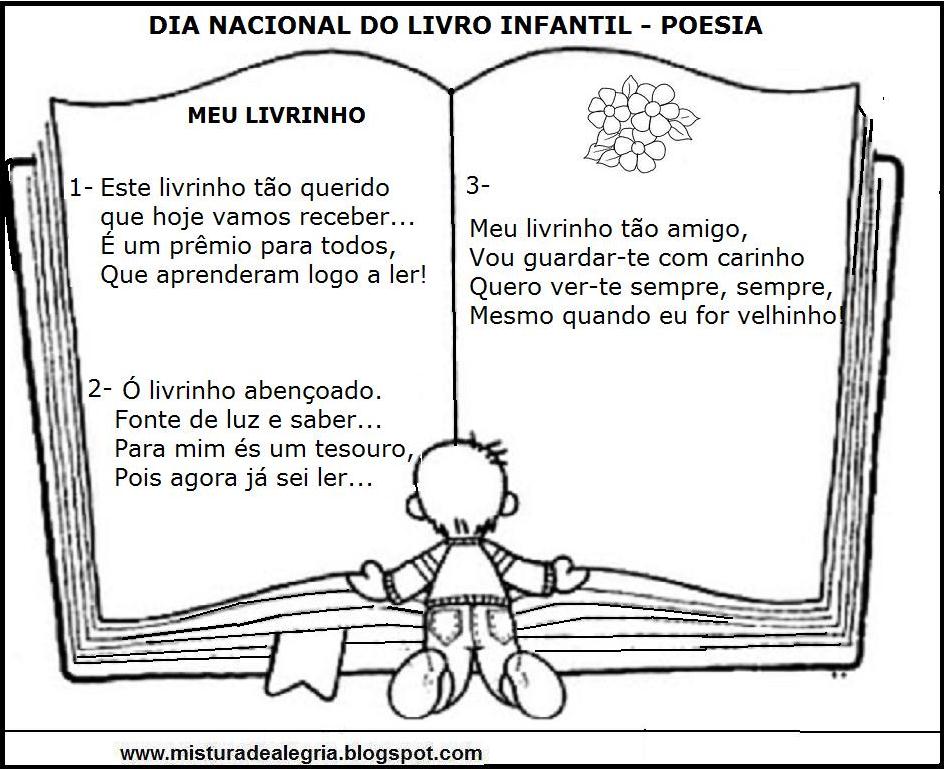
Oh, what a great sadness
in his Belfo and in his type!
Myrrh fell
along the path,
Balthasar carries chests,
Melchior made a mistake.
And already at dawn
-The birds were already singing-
three kings were left
open-mouthed and indecisive,
hear a conversation like a man
a newborn baby.
-I don’t want gold or incense
nor these treasures so cold,
I love the camel, I love him.
I love him, repeated the Child.
The three kings return on foot
dejected and distressed.
While the camel lies down
tickles the child.
In my round face
I have eyes and a nose
and mouth
to speak and laugh.
I see everything with my eyes
with my nose I do achis,
with my mouth, like like
Popcorn.
A donkey will never stop being a donkey.
Because the donkey never goes to school.
A donkey will never become a horse.
The donkey will never win the race.
What is the fault of the donkey for being an ass?
There is no school in the town of Osla.
Donkey works all his life,
to drag the car,
without pain and glory,
And the weekend
tied to the Ferris wheel.
The donkey cannot read,
but he has a memory.
Donkey finishes last,
But poets sing to him!
The donkey sleeps in a canvas hut.
Don’t call a donkey a donkey,
call him “man’s helper”
or call him a man
Do you know what else is worth remembering the poems of Gloria Fuertes? nine0003
Gloria Fuertes (1917 – 1998) was one of the most representative authors of the 50 generation. He developed his poetic and literary skills, especially with children, to the point of becoming a real icon and public figure.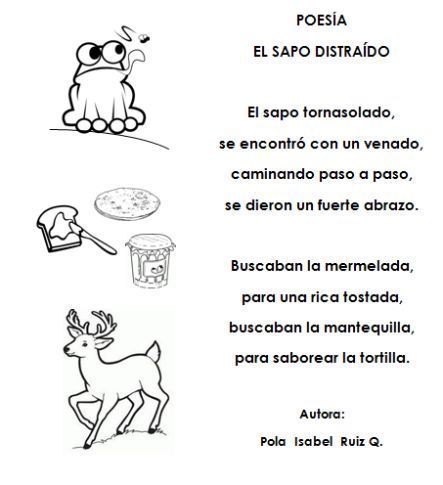 0016
0016
This woman left an indelible mark on twentieth-century children’s literature in Spain. We get to know in more detail his thoughts and his poetic style through the best phrases (and poems) of Gloria Fuertes (on education, love, poetry…).
Let’s start without further delay.
Of course, women and children were especially vulnerable in the post-war period. This was stated by Gloria Fuertes.
Naturalist, in this famous quote, he clearly showed his passion for the animal world.
About the poet’s office.
One of the many verses in which he complained about his failure in the romantic realm.
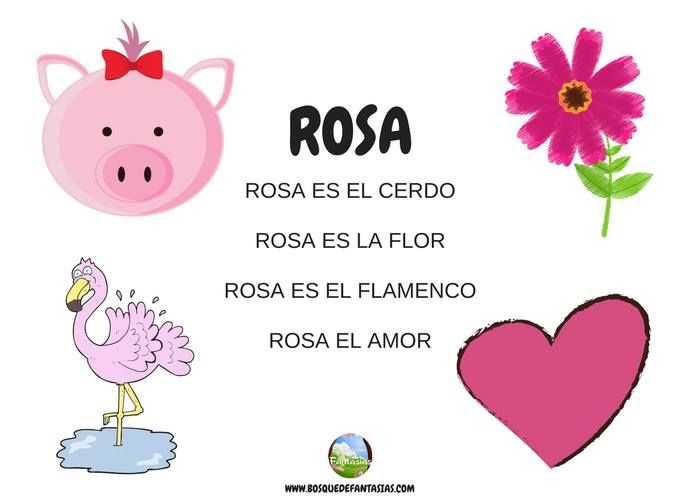 nine0079
nine0079
An offer that declares respectful and pure love.
In the solitude of the night there are unique views and full of beauty.
An ode to hope in a loving environment.
They must adhere to mystical concreteness. A beautiful contradiction said by Gloria Fuertes.
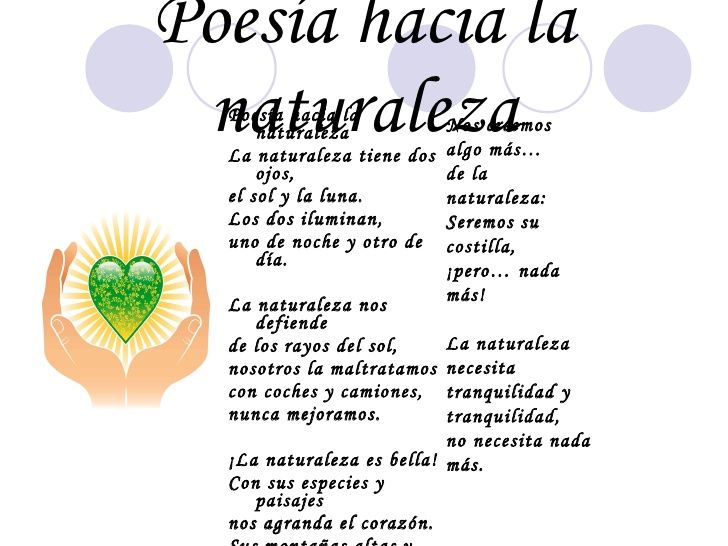 nine0079
nine0079
In short, poets love passion and pleasure.
For free interpretation by the reader.
The ultimate mission of every self-respecting poet.
Another suggestion from Gloria Fuertes, which marks the way forward for those in your guild.
The brave paradox of a melancholic heart.
One of his most unforgettable poems.
